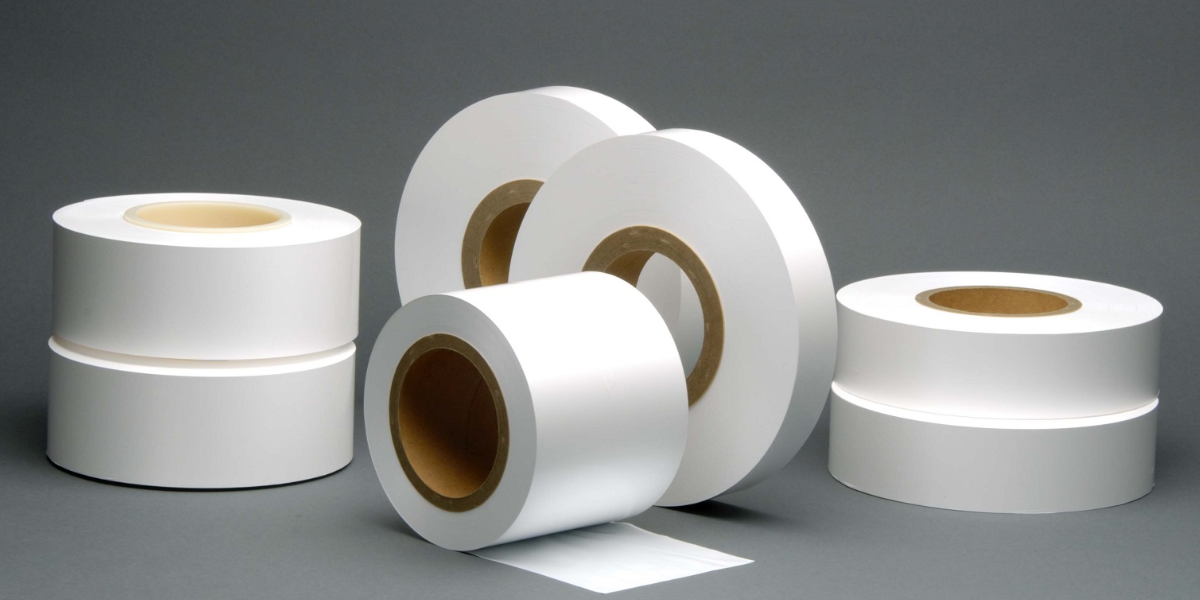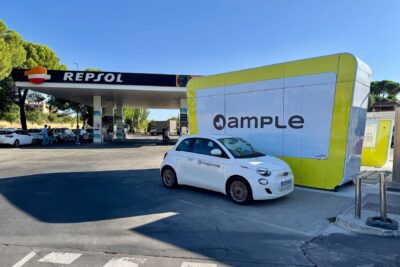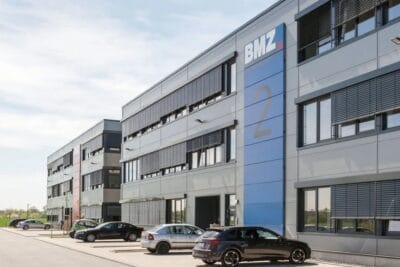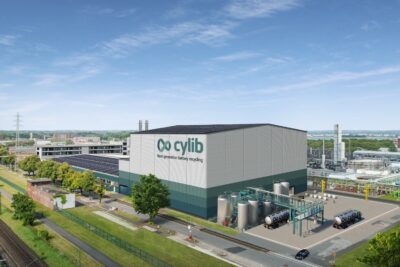H: Toray proyecta una fábrica de separadores para baterías de coches eléctricos
Toray Industries construirá una fábrica de separadores para baterías de vehículos eléctricos en Hungría. El fabricante japonés tiene previsto invertir 200 millones de euros en la fábrica, cerca de una planta de fibra de carbono ya existente en las afueras de Budapest.
La instalación aumentará la capacidad de producción de separadores de Toray en 20%, complementando las plantas de Japón y Corea del Sur. La fábrica, cuya puesta en marcha está prevista para julio de 2021, responde a una creciente demanda de este tipo de componentes. Esto se debe a la entrada en vigor de la normativa sobre emisiones de CO2 en la UE.
Los separadores son finas membranas que se colocan entre el ánodo y el cátodo de una batería de iones de litio para evitar que entren en contacto, lo que supone un riesgo potencial de incendio. El mercado mundial de estos componentes dio un salto de 20% el año pasado en metros cuadrados, según Nikkei. Se cree que Toray controla más de la mitad del mercado de separadores con la alta resistencia al calor necesaria para su uso en baterías de automoción.
Toray no está sola en su acercamiento a Europa del Este, que se anunció en 2017. También SK Innovation planificación de la construcción de una nueva planta de separadores de baterías en Polonia. La empresa surcoreana está invirtiendo 335 millones de euros en la construcción de cuatro líneas de producción de separadores de iones de litio (LiBS) y tres más de separadores con revestimiento cerámico (CCS) en la provincia polaca de Silesia. También el mayor competidor de Toray, Asahi Kasei está invirtiendo en aumentar sus capacidades de producción de separadores como informó.
Además, los fabricantes de componentes están en buena compañía. BMW quiere construir una instalación para 150.000 vehículos al año en Hungría este año. Y, el grupo industrial alemán ThyssenKrupp ha anunció la construcción de una nueva planta de componentes para la industria automovilística en Hungría. Está previsto que la producción en serie comience a finales de 2020 e incluya piezas para motores eléctricos.





0 Comentarios